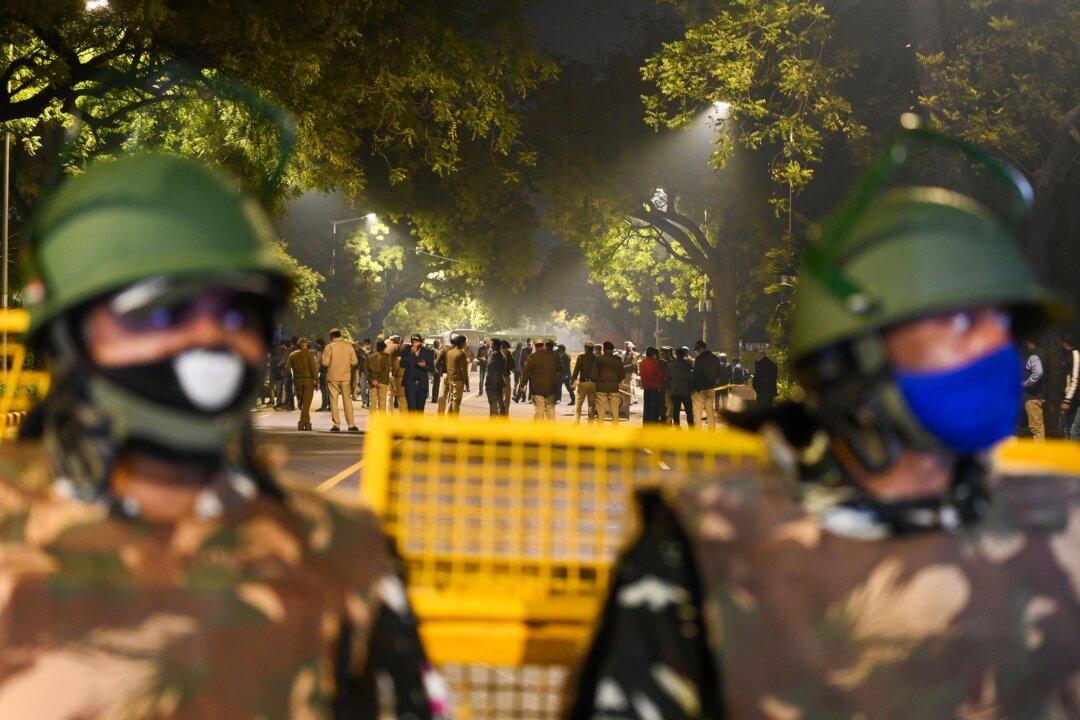NEW DELHI—Investigators in India have concluded that the Quds Force of Iran’s terrorist Islamic Revolutionary Guards Corps was behind a bomb blast that occurred outside the Israeli Embassy in Delhi in late January, Indian media have reported.
Indian counterterrorism agencies have concluded that an improvised explosive device was planted by a local Indian Shia group under the guidance of the Iranian Quds Force, according to the Indian daily Hindustan Times on March 8.





